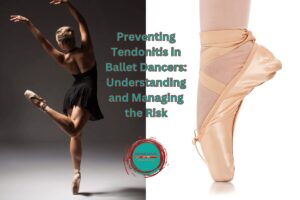 When Ghana returned to democratic rule in 1992, its healthcare sector began to improve in the following areas: service delivery, human resources and public education.
When Ghana returned to democratic rule in 1992, its healthcare sector began to improve in the following areas: service delivery, human resources and public education.
Although the country has come a long way already, much more still needs to be done. Ghana, like the UK, has a national healthcare system, called the National Health Insurance Scheme (NHIS), which was set up in 2004. Prior to its establishment, millions of people died because they did not have the money to pay for their healthcare needs when they had taken ill. This has improved but a third of Ghanaians (over 8.3 million) are earning less than a dollar a day, and so the monthly NHIS fee of approximately 0.66 dollars is barely affordable, resulting in many Ghanaians still turning to the 45,000 traditional healers who are practicing in the country.
In December 2013 I visited Ghana to gain to better understanding of the healthcare system. During my time at Korle Bu hospital, one of the largest hospitals in West Africa, I learnt that patients had to register themselves onto the scheme. It was not an automatic enrolment and there were cases where patients were not recognised by the system because they had not actively registered on the NHIS. Therefore, they would be denied free medical care. In many cases of emergencies, patients were, and are, required to pay cash up front before they can receive any medical attention. If they cannot pay then they are turned away.
 It was very sad to see healthcare professionals demanding money whilst patients lay helpless in their beds, some unable to communicate effectively due to a stroke. After several reminders without success, patients are denied medical attention until outstanding bills are paid. However, the patient may have died by the time their medical bills have been settled by family members.
It was very sad to see healthcare professionals demanding money whilst patients lay helpless in their beds, some unable to communicate effectively due to a stroke. After several reminders without success, patients are denied medical attention until outstanding bills are paid. However, the patient may have died by the time their medical bills have been settled by family members.
Therefore, although the introduction of the NHIS enables patients to access healthcare services up to a certain point, many lives are still being lost because patients are unable to pay their basic medical expenses. I met a child of about 11 years of age who was in Korle Bu hospital, who had been waiting for several weeks for his parents to settle his medical bills, but they did not return. This was just one of many cases where children are not allowed to leave hospital until medical bills have been paid, but in many unfortunate cases these children are abandoned and social services have to find new homes for them with family members or orphanages. I was fortunate enough to meet one lady who is working to help mothers at Korle Bu with the medical expenses of new born babies: her work is truly inspiring.
In conclusion, I consider it unethical for patients to be denied the basic medical care that they deserve, especially in cases of emergencies. It is unacceptable, for babies and young children to be kept in hospital until bills have been paid, in many cases forcing families to abandon them.
You can find out more about the work that 3 Foundations is doing at Korle Bu hospital and how you can help by visiting www.3-foundations.org.uk




Comments